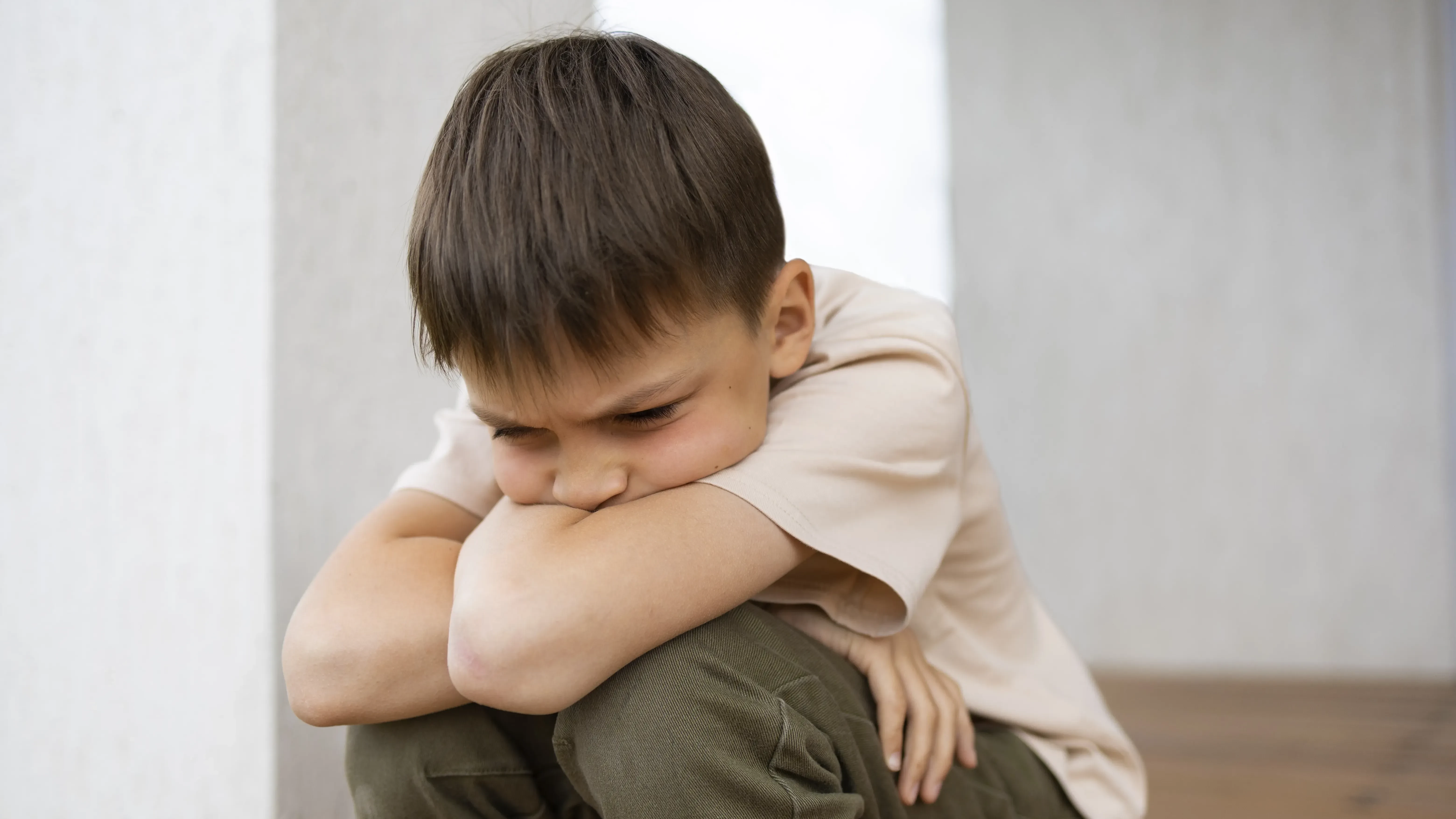
What Does Pookie Mean? A Parent's Guide to Teen Slang
Understanding the evolving language of teenagers can be a daunting task for parents. Slang terms like "Pookie" often leave parents puzzled about their children’s conversations. This guide explores the meaning of "Pookie", its origins, usage among teens, and how parents can effectively communicate about such slang to stay connected with their children.
How and Why Teenage Slang Emerges
Teenage slang is a dynamic and ever-changing aspect of youth culture. Slang terms emerge as a way for teenagers to establish their identity, create a sense of belonging, and differentiate themselves from older generations. According to linguists, slang allows teens to express creativity, experiment with language, and navigate social hierarchies (Urban Dictionary). The rapid pace of social media and online communication accelerates the spread and evolution of these terms, making understanding them crucial for effective parental engagement.
What is a Pookie? The Origin and Development of Pookie
Pookie is a versatile slang term widely used among teenagers. But what is a Pookie? The term "Pookie" originated as a term of endearment, often used to refer to a significant other, close friend, or even a pet. Over time, its usage has expanded, and it has been adopted into various online platforms, including TikTok, where its popularity has surged (Merriam-Webster).
The development of "Pookie" reflects the natural evolution of language within youth communities. Initially popularized through music and television, the term has been embraced and adapted by teens to suit their unique modes of expression.
Pookie Meaning and Examples of Its Use
The meaning of Pookie can vary depending on the context, but it generally conveys affection, familiarity, or camaraderie. Here are some examples of how "Pookie" is used in everyday conversations among teenagers:
- As a nickname: "Hey Pookie, how was your day?"
- Expressing affection: "I missed you so much, Pookie."
- Friendly teasing: "Come on, Pookie, you can do better than that!"
Understanding these contexts helps parents grasp the emotional undertones and relational dynamics when their teens use the term.
What Does Pookie Actually Mean on TikTok? Where Else Do Teenagers Use Pookie?
On TikTok, "Pookie" often refers to a beloved person or character in trendy challenges and viral videos. The platform's influence has amplified the term's reach, making it a staple in hashtags and captions. Beyond TikTok, teenagers use "Pookie" across various social media platforms like Instagram, Snapchat, and Twitter to express similar sentiments of affection and closeness.
The widespread usage of "Pookie" in online spaces underscores the term's versatility and its role in digital communication among teens.
How Does Online Slang Affect Teenagers?
Online slang like "Pookie" plays a significant role in teenagers' social interactions and identity formation. It fosters a sense of community and belonging, allowing teens to navigate their social environments with ease. However, the rapid evolution of slang can also lead to misunderstandings and communication gaps between generations.
Moreover, the pervasive nature of online communication means that slang terms can quickly dominate conversations, sometimes influencing teens' language skills and expression styles. To address these challenges, parental controls become essential tools in monitoring and guiding teens' online interactions.
Introducing reliable apps like Kroha, a parental control application, can help parents track their children’s text messages and online activities. Kroha provides comprehensive monitoring features, ensuring parents stay informed about the slang and language their teens are exposed to, thereby fostering better communication and understanding (Kroha).
How to Talk with Your Kid About Slang?
Engaging in open and non-judgmental conversations about slang can bridge the communication gap between parents and teenagers. Here are some tips on how to approach the topic:
- Stay Informed: Familiarize yourself with current slang terms like "Pookie" by researching reputable sources such as Urban Dictionary or social media platforms.
- Create a Safe Space: Encourage your child to share their language and meanings without fear of criticism.
- Ask Questions: Inquire about the context and usage of certain terms to gain a deeper understanding.
- Use It in Conversation: Incorporate slang terms into your conversations to show interest and foster connection.
- Set Boundaries: While understanding slang is important, also discuss appropriate language and respectful communication.
By actively participating in your child's linguistic world, you can strengthen your relationship and ensure effective communication.
Conclusion
Understanding what "Pookie" means and its significance in teenage slang is essential for parents striving to connect with their children in a meaningful way. Slang terms like "Pookie" not only reflect the creativity and social dynamics of youth culture but also highlight the importance of staying informed and engaged as a parent. Utilizing tools like Kroha for monitoring and fostering open dialogues about language can help bridge the generational gap, ensuring a healthy and supportive relationship with your teen.
References:
- Merriam-Webster. Pookie Definition.
- Urban Dictionary. Teen Slang Terms.
- Kroha App. Parental Control App Features.
Recent articles
Sleep Problems in Teenagers: Why They Occur and What to Do
Sleep problems among teenagers are increasingly common. Adolescence is a time of rapid physical, emotional, and cognitive change, and many young people struggle with obtaining healthy sleep. Recent studies from reputable organizations such as the American Academy of Sleep Medicine and research centers at Google and Apple highlight that insufficient sleep has become an epidemic among teens. This article provides an expert perspective on the causes of sleep disorders, their consequences, and practical, research-backed solutions. By examining real-life examples and practical cases, we emphasize the importance of sleep hygiene and proper routines to ensure healthy sleep for teenagers.
Children's mental health: causes of depression
Children's mental health has emerged as a critical concern in recent years, with depression rates among young individuals steadily increasing. According to the World Health Organization, approximately 10-20% of children and adolescents worldwide experience mental disorders, making it a significant public health issue. The relevance of this topic is underscored by the profound impact mental health has on a child's overall development, academic performance, and future well-being.

